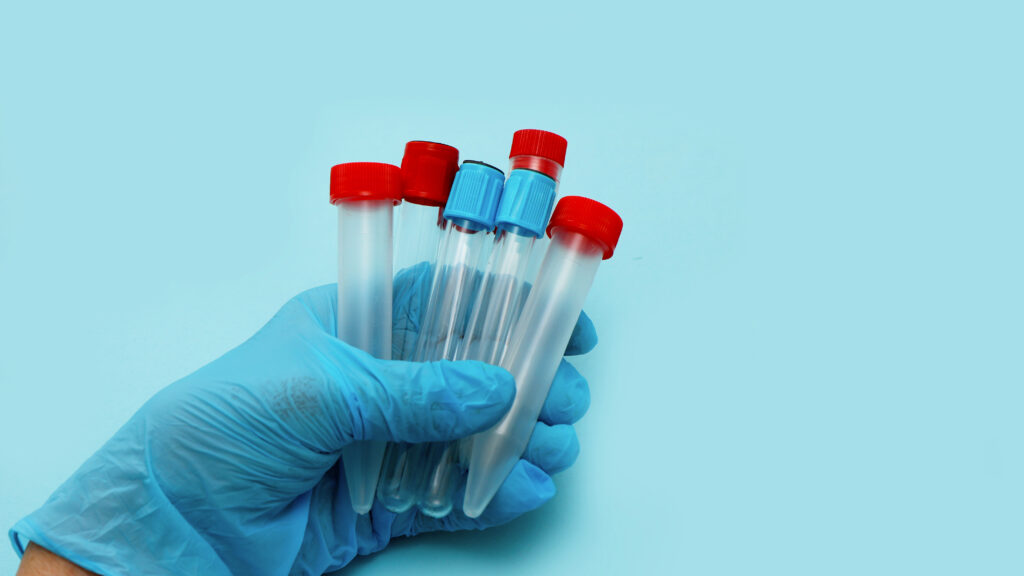The Food and Drug Administration on Friday announced its intention to start regulating tests developed in laboratories — closing the “Theranos loophole” that has allowed inaccurate tests to slip through the cracks.
Lawmakers came close last year to passing a bill that would have given the FDA this authority, but it was ultimately rejected by Republicans who sympathized with the labs in academic medical centers and hospitals that opposed the provision. FDA Commissioner Robert Califf said at the time that if the bill failed, the agency would take matters into its own hands.
The proposed rule fulfills that promise, adding lab diagnostics to the list of devices that fall under FDA enforcement — a move that patient groups and non-lab test makers support, and that laboratories are likely to dispute. When the FDA started regulating medical devices in 1976, lab-developed tests were simple and offered mostly to local patient populations. The agency generally allowed labs to use these tests without submitting proof of their efficacy.


